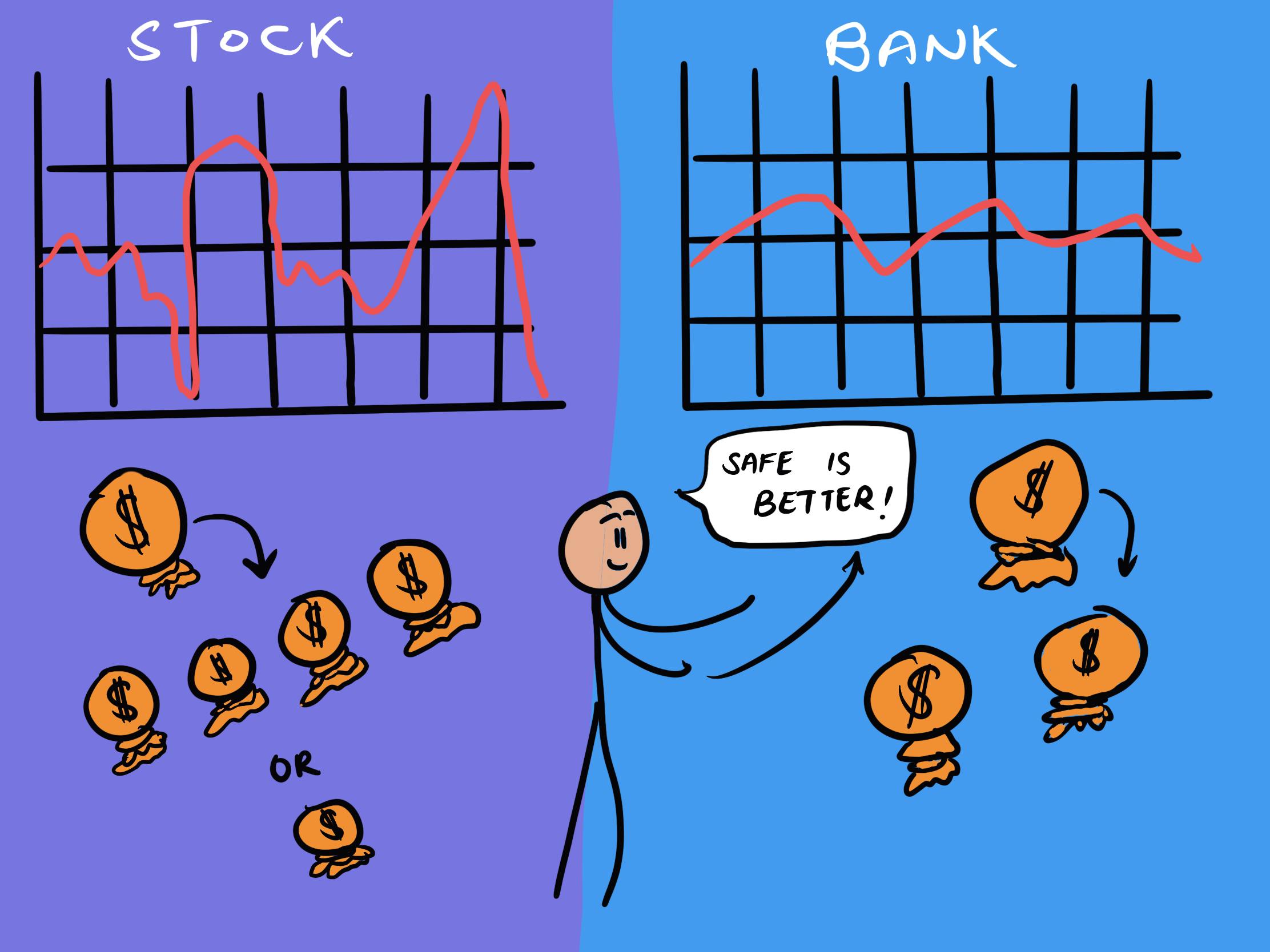Why do we prefer options we know?
Ambiguity Effect
, explained.What is the Ambiguity Effect?
The ambiguity effect describes how we tend to avoid options that we consider to be ambiguous or missing information. We dislike uncertainty and are therefore more inclined to select an option where the probability of achieving a favorable outcome is known.

Where this bias occurs
Imagine that you’re in the midst of college course registration. You’re planning on taking one elective course and have a few options to consider. In order to better inform your decision, you decide to search online for reviews of the professors who will be teaching your top two picks. Suppose that one of the professors has an average rating, while the other has no ratings yet since this is their first semester teaching at your school.
In this scenario, most people tend to select the course taught by the professor with the average rating. Despite the fact that their reviews aren’t so great, we feel better knowing exactly what we’re getting ourselves into. We’re scared to risk taking a course with a professor who we know nothing about, on the off chance that they turn out to be a bad teacher. However, by playing it safe, we risk missing out on a phenomenal course taught by an excellent teacher. When making decisions like these, we often forget to give equal weight to the possibility that the result of taking a risk could actually be positive.
















